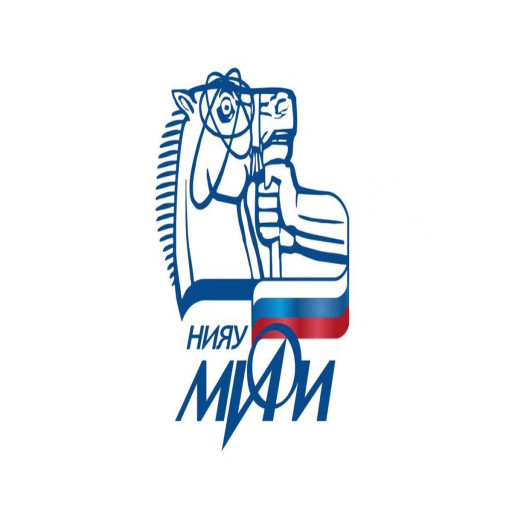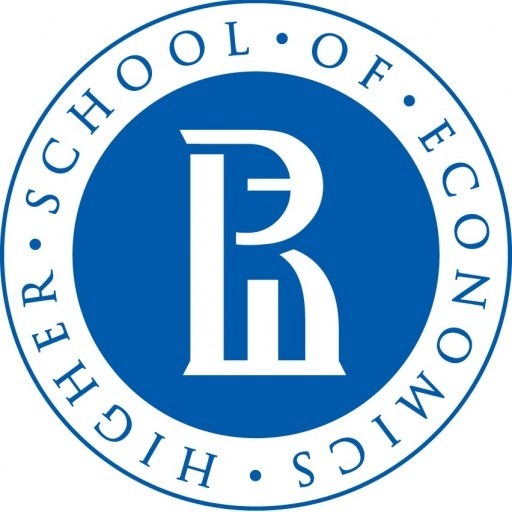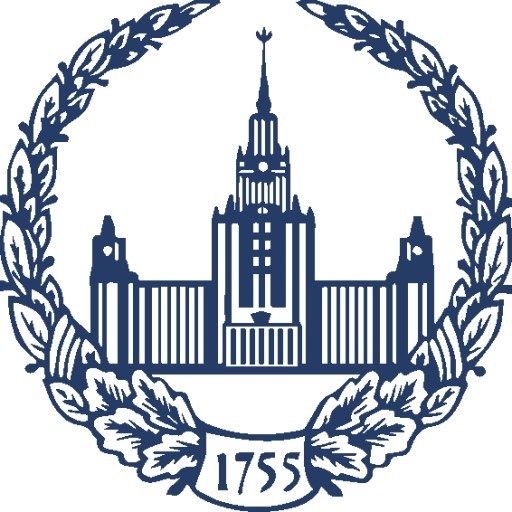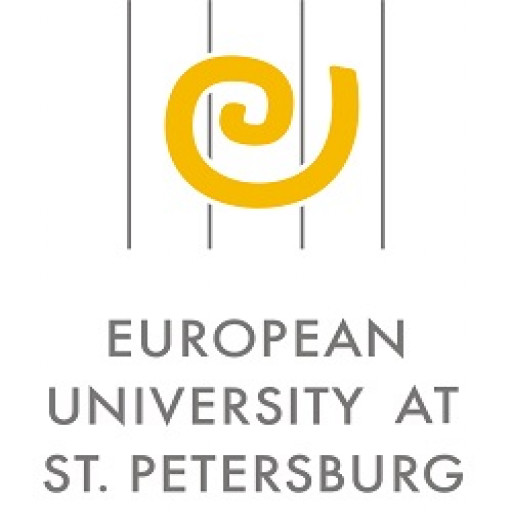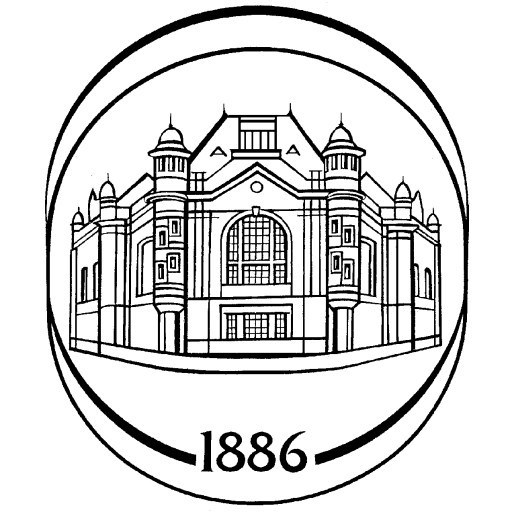Applied Mathematics and Computer Science at National Research Nuclear University MEPhI offers a comprehensive education that combines fundamental mathematical principles with modern computer science techniques. This program is designed to prepare students for a wide range of careers in research, industry, and government sectors, where advanced analytical and computational skills are in high demand. Students studying this program will gain a deep understanding of applied mathematics, including areas such as numerical methods, differential equations, mathematical modeling, and optimization, which are essential for solving complex real-world problems. Simultaneously, they will develop strong computer science skills in programming, algorithms, software development, and data analysis, enabling them to implement mathematical solutions efficiently and innovatively.
The curriculum emphasizes a practical approach, integrating theoretical foundations with hands-on projects and internships that mirror real-world challenges. Students will have access to state-of-the-art laboratories and computing resources, allowing them to work on a variety of projects, from computational physics to data science and cybersecurity. The program also includes modules on artificial intelligence, machine learning, and big data analytics, reflecting current technological trends and market demands. Throughout their studies, students are encouraged to participate in research activities, collaborate with industry partners, and develop critical thinking and problem-solving abilities. Graduates of the Applied Mathematics and Computer Science program will be well-equipped to contribute to scientific research, develop innovative software solutions, or pursue further academic studies. With strong ties to nuclear physics, engineering, and technological innovation at MEPhI, this program provides a solid foundation for a successful career in the highly competitive and evolving fields of applied mathematics and computer science.
The Bachelor's program in Applied Mathematics and Computer Science at National Research Nuclear University MEPhI offers a comprehensive curriculum designed to equip students with a solid foundation in mathematical methods, computational techniques, and practical skills necessary for solving complex scientific and technological problems. The program emphasizes both theoretical understanding and practical application, preparing graduates for diverse careers in research, industry, and technology development. Throughout the coursework, students explore core areas such as mathematics, programming, algorithms, data analysis, and software engineering, while also gaining hands-on experience through laboratory work, projects, and internships. Special topics covered include numerical methods, mathematical modeling, algorithms, data structures, artificial intelligence, machine learning, and cybersecurity. The program collaborates with leading scientific and industrial partners to ensure that students are trained with up-to-date knowledge and skills relevant to the modern digital landscape. Students are encouraged to participate in research projects, conferences, and technical competitions, fostering innovation and creative problem-solving abilities. The program aims to produce highly qualified specialists capable of contributing to advancements in nuclear physics, information technology, finance, telecommunications, and other applied fields. Graduates of this program are well-prepared to pursue postgraduate studies or to begin professional careers in software development, data analysis, scientific research, and technical consulting. With a focus on interdisciplinary learning, the program also promotes teamwork, communication skills, and lifelong learning habits, aligning with the evolving demands of the global job market.
Program requirements for the Applied Mathematics and Computer Science bachelor's degree at MEPhI include a comprehensive curriculum designed to develop strong theoretical knowledge and practical skills in mathematics, programming, and information technology. Applicants must possess a solid background in advanced mathematics, including algebra, calculus, and discrete mathematics, as well as a good understanding of physics and computer science fundamentals. Admission typically requires successful completion of a competitive entrance examination, which tests mathematical reasoning, logical thinking, and basic computer literacy. English language proficiency may also be necessary, depending on the specific program orientation, to ensure students can effectively engage with international academic resources and collaborate in global research environments.
In addition to entrance examinations, prospective students are expected to demonstrate strong problem-solving abilities, analytical thinking, and logical reasoning. Prior experience with programming languages such as Python, Java, or C++ is advantageous, although not always mandatory for initial admission. The program emphasizes continuous coursework in mathematical analysis, linear algebra, numerical methods, and discrete mathematics, alongside programming practice and software development skills. To successfully complete the program, students are required to pass a series of examinations and practical assignments, including final state examinations and thesis defense.
Participation in laboratory work, project-based learning, and internships is encouraged to gain practical experience in applied mathematics, computational modeling, and software engineering. Chemistry and physics courses complement the curriculum, fostering interdisciplinary understanding applicable in scientific research and industry. Students are also encouraged to attend seminars, workshops, and conferences to stay updated with emerging technologies and research trends in applied mathematics and computer science. Graduates are expected to possess the ability to analyze complex problems, develop innovative algorithms, and implement efficient computational solutions suitable for various scientific and technical fields. Overall, the program aims to produce highly qualified specialists capable of contributing to advancements in science, technology, and industry through rigorous analytical skills and advanced computing capabilities.
Approximately 1000 characters:
The Applied Mathematics and Computer Science program at National Research Nuclear University MEPhI offers various forms of financial support to its students. Tuition fees are generally covered through state-funded places for admitted students who meet the competitive criteria, including high academic achievement and entrance exam results. Additionally, students may pursue paid education options where they pay tuition according to the established university rates. There are also opportunities for scholarships granted based on academic excellence, scientific achievements, or participation in university projects, which can significantly reduce the financial burden. Some students may secure government or regional grants, aimed at supporting talented individuals in technical fields. The university collaborates with partner organizations providing internships and research projects that sometimes include stipends or stipends plus coverage of part of the tuition. Furthermore, MEPhI actively participates in federal and regional scholarship programs, which students can apply for during their studies. It is also common for students to finance their education through personal savings, family support, or external sponsorships. The university provides information and assistance on scholarship applications and financial planning through its admissions office and student support services. Overall, financial support options are designed to promote accessibility for talented students and support their academic and professional development in applied mathematics and computer science.
The Applied Mathematics and Computer Science program at the National Research Nuclear University MEPhI is a comprehensive educational pathway designed to equip students with a strong foundation in theoretical and practical aspects of mathematics and computer science. The program's curriculum encompasses a wide range of subjects, including advanced calculus, linear algebra, discrete mathematics, algorithms, programming languages, software development, computational modeling, and data analysis. Students are also introduced to specialized areas such as numerical methods, cryptography, information security, artificial intelligence, and big data processing.
The program aims to cultivate not only theoretical knowledge but also practical skills relevant to modern technological and scientific challenges. To achieve this, students undertake numerous laboratory work, project-based tasks, and internships in collaboration with leading research institutes and industry partners. The curriculum emphasizes the development of problem-solving abilities, quantitative analysis, and computational thinking, which are essential in fields like nuclear engineering, data science, software engineering, and research and development.
Students benefit from access to state-of-the-art laboratories, computer facilities, and software tools, enabling hands-on experience in programming, simulation, and analytics. The program also fosters interdisciplinary learning, encouraging students to apply mathematical and computational methods to real-world problems in physics, engineering, finance, and other industries.
Graduates of the Applied Mathematics and Computer Science program are well-prepared for careers in academia, scientific research, software development, data analysis, cybersecurity, and consulting. They are also equipped with the skills necessary for pursuing advanced degrees or engaging in innovative projects within the technology sector. The program’s strong emphasis on research and innovation aligns with MEPhI’s overall mission to develop highly qualified specialists capable of contributing to national and global scientific advancements.
